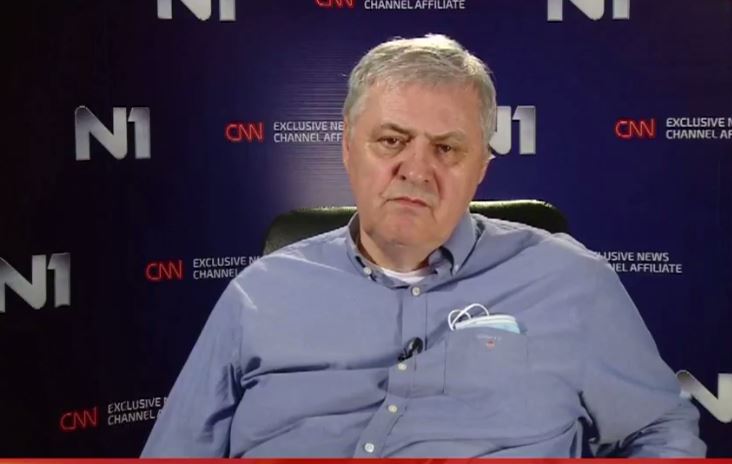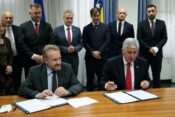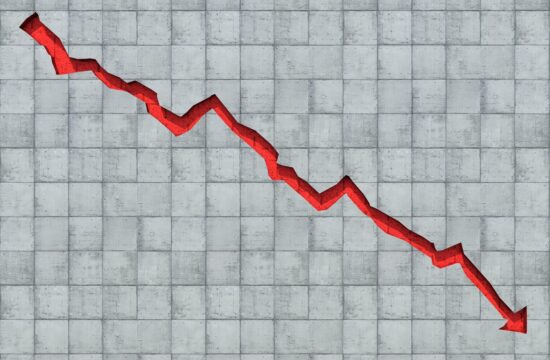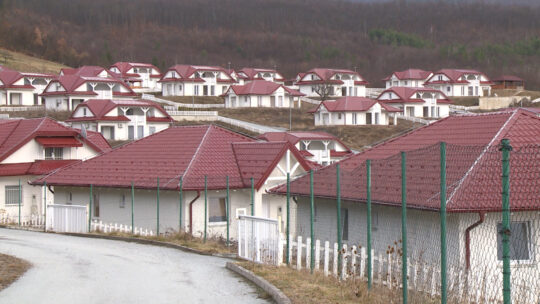
The agreement which will enable the southern city of Mostar to hold its first local election in 12 years means a return of democracy and could stop the “terror” of the two main ethnic political parties controlling the city, Mostar’s former mayor, Safet Orucevic, told N1 on Friday.
“There is still disbelief and suspicion that there could be some hidden agreements behind this plan which we still know nothing about. We’re all afraid that everything could become complicated,” he said, praising the election rules that were agreed.
On Wednesday, Bakir Izetbegovic, the leader of the main Bosniak party in the country, the Party for Democratic Action (SDA), and Dragan Covic, the leader of the Croat Democratic Union (HDZ BiH), signed the agreement enabling the long-overdue election to take place.
The last local election in Mostar was held in 2008. Two years later, the Constitutional Court acted upon a motion by Croat representatives in the state Parliament, assessing parts of the state Election Law referring to Mostar as unconstitutional.
The court tasked the state Parliament in 2010 to amend the Election Law regarding the provisions which treat the electoral rules in the city but this did not happen even a decade later.
Orucevic expressed hope that the agreement and the upcoming election in the city will bring some changes.
“Most people think they should be implemented and that Mostar could according to them get a new city council and, most importantly, start having a democracy and stop the terror of these two people and their parties,” said Orucevic, referring to the SDA and the HDZ.
He expressed hope that some new parties that include “younger, progressive people” who are prepared to negotiate will be in power in the city following the election.
“I expect that there will be a bloc of parties that will be just as strong as the HDZ and the SDA alone. I think that Mostar would breathe easy and that democracy would arrive there as it wouldn’t be possible for two parties to capture big (political) processes,” he said.




